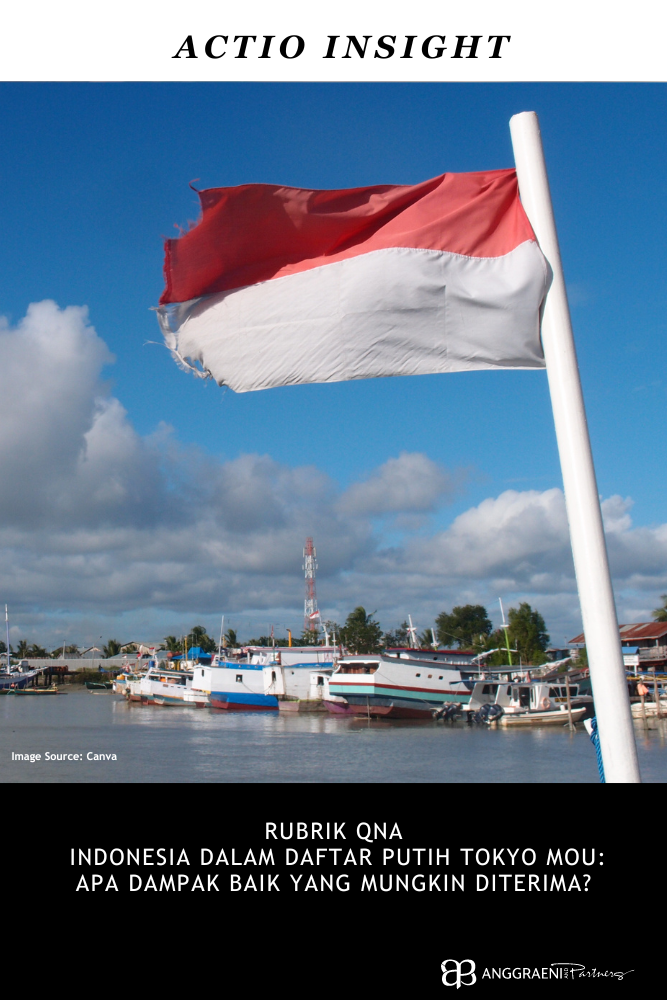PROBING THE INFORMATION MEDIA CAMPAIGN REGULATIONS
The development of information technology has assisted people in accessing information. The convenience of access has aided General Election Participants1 in presenting their political education to the people. This has also made it easier for General Elections Participants to convey their visions, missions, and campaigns for the programs that become their aspirations. This article will discuss the role of electronic information media, such as online media, social media or broadcasting station (“Information Media”) as the campaign tools for the General Elections Participants.
In general, a political campaign is regulated by Law Number 7 of 2017 governing General Elections (“General Elections Law”). The General Elections Law defines Campaign as the act of General Elections Participants or other parties appointed by General Elections Participants to convince voters by offering visions, missions, programs and/or the image of General Elections Participants. Campaigns through the use of television, radio or other electronic media is allowed under Article 275 section (1) (f). Furthermore, the General Elections Law specifically regulates that General Elections that use information media may be in the form of writing, audio; visual; or the combination of writing, audio and visual that is narrative, graphic, character, interactive, or non-interactive and can be received by a message receiver.2
every General Elections participant in covering the campaign. In terms of advertisement, Information Media must give the same opportunity to General Elections Participants in containing and broadcasting their General Elections Campaign’s PROBING THE INFORMATION MEDIA CAMPAIGN REGULATIONS advertisements. Advertisements that contain Campaign elements through the means of television broadcast can only be made for as much as 10 (ten) times a day with a duration of 30 (thirty) seconds at most for each campaign advertisement.
Meanwhile, advertisements through the means of radio broadcasts can only be done for as much as 10 (ten) times a day with duration of 30 (thirty) seconds at most for each campaign advertisement.
In addition to the obligation to adhere to advertising ethics and regulations, Information Media is also obliged to abide to the prohibitions stipulated in the General Elections Law. The prohibitions provide that : (1) Information Media is prohibited to sell blocking segment and/or blocking time for General Elections Participants, (ii) Information media is prohibited to accept sponsored programs in any segments that can be categorized as General Elections campaign advertisement, and (iii) Media Information is prohibited to sell any advertisement spot that is not utilized by one of the General Elections Participants to another General Elections Participant.
However, there are no for parties who violate the regulations concerning campaign in the General Elections Law. Thus, in order to create Information Media that will educate the people and have a sense of responsibility, it is important for stricter penalties to be implemented normatively and practically to construct an ideal and fairer democracy for General Elections Participants. The principle that the highest power must lie in the hands of the people in The Unitary State of Republic of Indonesia must be upheld.
-KSF-


